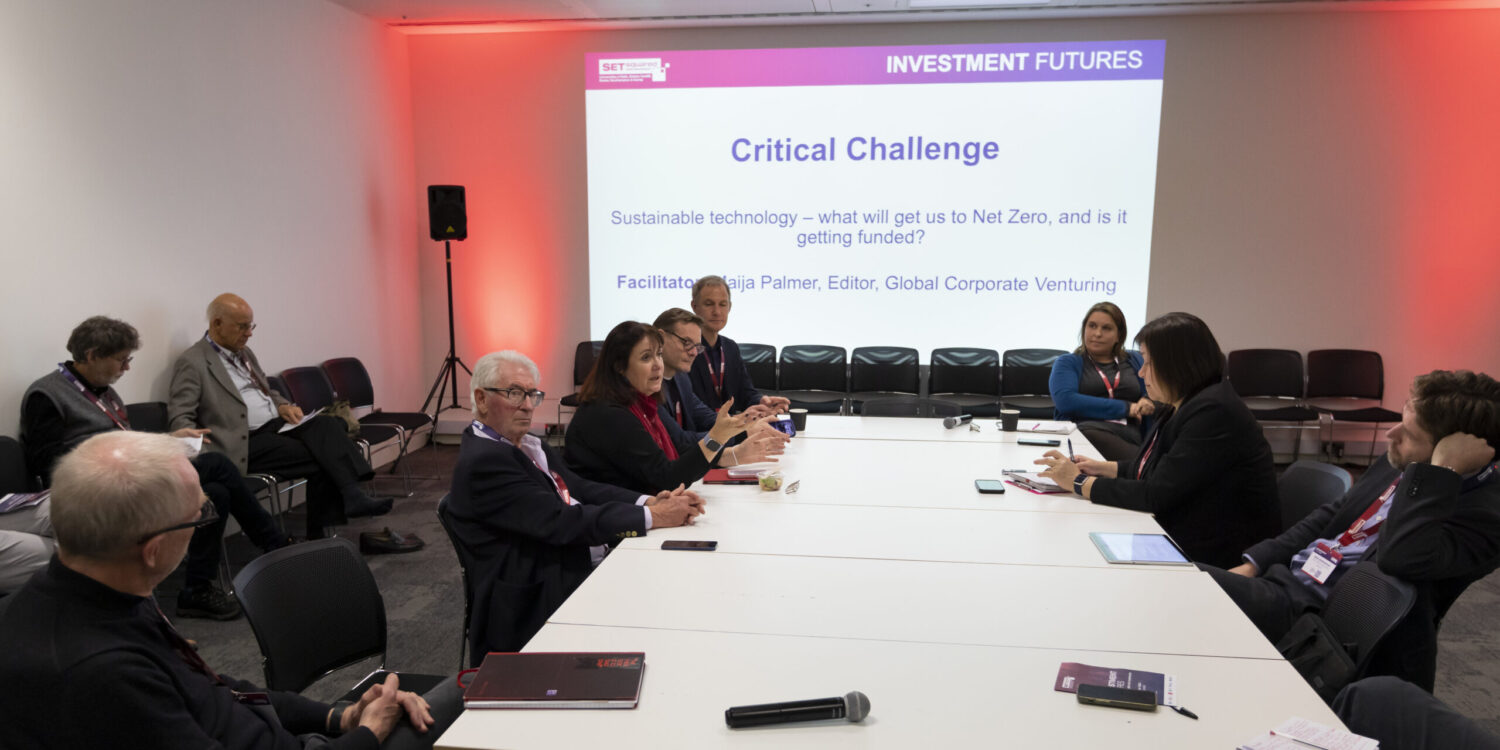SEARCH
Enter your search term below:
Close
Enter your search term below:

WORLD LEADING BUSINESS SUPPORT

A growing corporate investment landscape
Global Corporate Venturing (GCV) is at the heart of corporate investment in start-ups and innovation. Our mission is to help corporations refine their approach to corporate venturing while fostering a community where investors can collaborate and co-invest. Through our editorial work, we track corporate investors, their strategies, and their impact on the startup ecosystem.
Over the past 15 years, corporate venturing has evolved into a significant asset class. In 2014, only 688 companies were making such investments; by 2024, that number had tripled to 2,344. Today, corporate investors participate in one out of every six startup funding rounds.
Our latest report, The World of Corporate Venturing 2025, provides a comprehensive view of how corporations are structuring their investment arms. The key takeaway? Corporate venture capital (CVC) is becoming more professionalised and now accounts for an increasing share of startup funding. In 2024, CVC-backed funding rounds grew by 20% in value, reaching $133 billion. The dominant themes? Generative AI and autonomous vehicles – particularly from Silicon Valley’s tech giants and global automakers.
A strong year for UK clean tech
2024 saw optimistic growth for sustainable tech businesses in the UK. The Confederation of British Industry (CBI) reported that the Net Zero sector is growing three times faster than the overall UK economy, providing high-wage jobs nationwide. According to the report, which was commissioned by the Energy & Climate Intelligence Unit, the Net Zero economy grew by 10% in 2024 and generated £83bn in gross value added (GVA).
It found that 22,000 Net Zero businesses, from renewable energy to green finance, employ almost a million people in full-time jobs. The average annual wage in the businesses – £43,000 – was also £5,600 higher than the national average.
Yet this growth is set against an uncertain global background. At the start of President Donald Trump’s term in the White House, research grants related to climate change were withdrawn in the US. He also reiterated his unequivocal support for the country’s oil and gas industry.
This could lead to a decline in clean tech investments as corporate venture funds adapt to changing corporate strategies. Recently, BP announced that it would be de-emphasising its investments in energy transition. The company is increasing its investments in oil and gas by 20% to $10bn (£7.9bn) a year while decreasing previously planned funding for renewables by more than $5bn (£3.9bn). This followed Shell and Equinor, which recently announced scaled-back plans to invest in green energy.
However, airlines and shipping companies may continue to invest in sustainable fuel options.
The UK government remains committed to ambitious carbon reduction targets, particularly in phasing out diesel and petrol cars. While adjustments may be needed in electric vehicle (EV) sales quotas, the long-term shift toward electrification remains strong. The primary bottleneck? Infrastructure – specifically, the EV charging network and power grid capacity.
Hydrogen: hype or hope?
Hydrogen is frequently cited as a key alternative to oil and gas, but the market is still in its early stages. Its potential is clear – zero emissions (when produced renewably), high energy density, and energy storage benefits. Yet, significant barriers remain, including high production costs, infrastructure gaps, and efficiency concerns compared to direct electrification.
That said, government support and technological advancements could accelerate hydrogen adoption, particularly in industries where electrification is impractical, such as heavy industry, shipping, and long-haul transport.
The future of sustainable tech investment
Consumer interest in sustainability remains strong -particularly in reducing single-use plastics, buying recycled fabrics, and investing in energy-efficient appliances and EVs. But with rising living costs and shifting political priorities, will this trend continue? That’s the big question.
Corporations may adopt a cautious approach to some clean-tech investments. However, the soaring energy demands of AI and data centres are driving renewed interest in diverse power sources, including nuclear reactors and nuclear fusion. The surge in electricity consumption across the US could create unexpected opportunities for renewable energy – regardless of any political efforts to slow down climate-related investments. Wind, solar, hydropower, and energy storage solutions may see increased demand as companies seek cost-effective, sustainable power.
What’s next?
The road ahead for UK clean tech is filled with both challenges and opportunities. While global uncertainties may shift corporate strategies, the underlying momentum toward sustainability – driven by regulation, innovation, and consumer demand – remains strong.
Sustainable tech was a key focus at SETsquared’s Investment Futures event, where industry leaders discussed the path to Net Zero and the funding landscape for emerging technologies.
For deeper insights, download our report: Sustainable Technologies – What Will Get Us to Net Zero, and Is It Getting Funded?
Download Investment Futures contentGet all the fresh insights first! Stay up-to-date with all the
latest investment news, blogs and all things SETsquared.
Close
Close